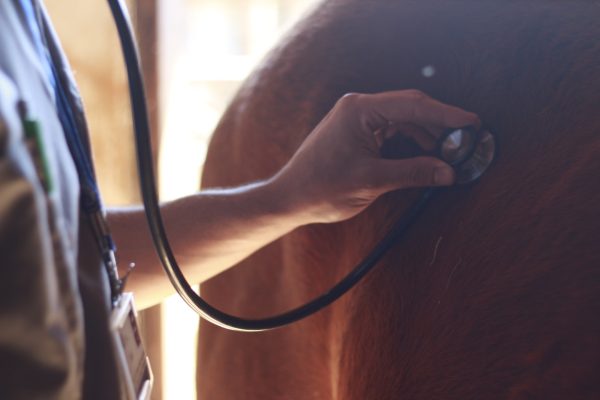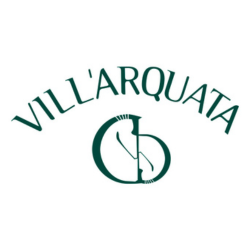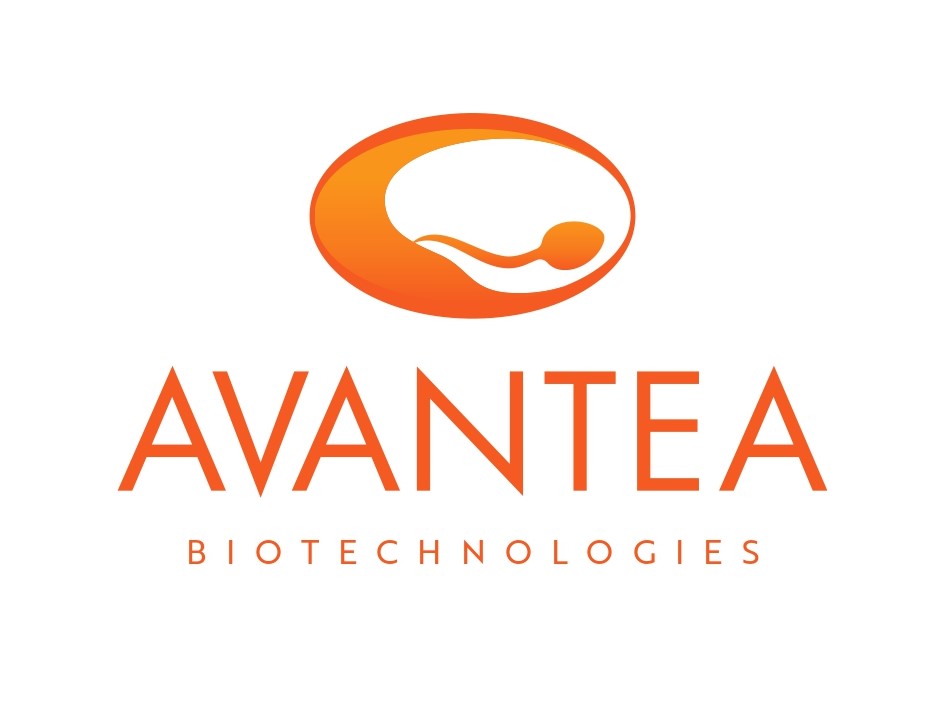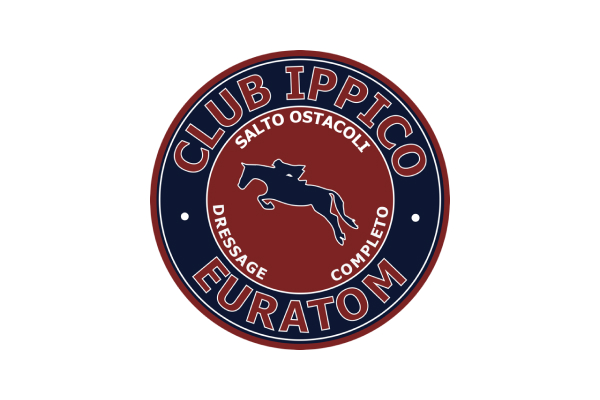
Understanding Equine Health: Diagnosis and Treatment of Common Conditions

When it comes to the well-being of our beloved horses, prompt diagnosis and effective treatment are of paramount importance. In this article, we will delve into the insights provided by an experienced equine health expert, as they discuss the process of diagnosing and treating common equine conditions.
Diagnosis and Anamnesis
An essential initial step in caring for a horse’s health is collecting a comprehensive history. This includes both remote and recent medical information and evaluating the horse’s current condition. Once this information is gathered, a veterinarian can pinpoint the ongoing pathology and initiate the appropriate treatment.
Every horse is unique, and so are their healthcare needs. The expert emphasizes the importance of tailoring treatment plans based on the specific condition at hand. For instance, when dealing with a non-surgical colic or constipation, intensive therapy involving laxatives may be prescribed. These can be administered either pharmacologically, orally, or via water infusion through a nasogastric tube, helping alleviate the condition within a few days.
Equine health issues can manifest differently. The speaker highlights the importance of distinguishing between conditions such as colic and intestinal displacement. For issues like bacterial or viral infections, an appropriate treatment plan is designed to resolve the infection, stimulate intestinal peristalsis, and provide support to the horse during the infectious process. These conditions can often lead to dehydration and significant discomfort.
Tailored Investigations
Sometimes, horses are referred to veterinarians with colic-like symptoms that may not be of intestinal origin. In such cases, investigations focus on the affected area, and treatment can vary from intensive to less invasive, depending on the nature of the ongoing issue.
A horse is considered fit for discharge only when its intestinal tract has returned to its proper position, it has fully recovered, and it can be fed in the same manner and frequency as before hospitalization. This ensures that the horse is not only free from immediate distress but also fully capable of resuming its normal routine.
The journey to maintaining equine health is a meticulous one, requiring a deep understanding of various conditions and their treatments. Thanks to the expertise of equine health professionals like the one featured in this discussion, horse owners can have confidence in their ability to provide the best possible care for their four-legged companions. Proper diagnosis, tailored treatments, and vigilant monitoring are key to ensuring the well-being and longevity of these magnificent animals.
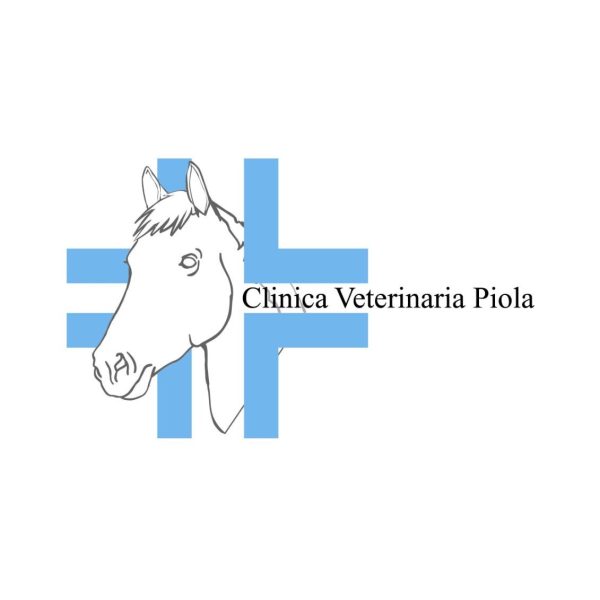
In collaboration with Doc Barbara Garbagnati
© Rights Reserved.







